Optimize your lease management
Don't let chance decide your renewals and increases. With Bénoline, you are supported at every step to secure your rental income. Contact Bénoline.

October 2025
As a landlord of a condo in Montreal, a triplex, or a cottage, understanding your tenants' rights and obligations is essential for smooth, law-abiding rental management. Whether you rent short-term, medium-term, or long-term, these rules, overseen by the Tribunal administratif du logement (TAL), protect your interests while preventing conflicts.
This article guides you through these key aspects with practical tips for successful rental management in Montreal.
| Aspect | Tenant Rights | Tenant Obligations |
|---|---|---|
| Dwelling | Habitable and safe | Perform minor repairs |
| Access | Peaceful enjoyment with 24h notice | Allow access for repairs or visits |
| Rent | Protection against abusive increases | Pay on time and in full |
| Neighborhood | Report excessive nuisances | Respect quiet enjoyment and rules |
Your tenants are entitled to housing that complies with sanitation and safety standards: functional heating, working plumbing, and no mold. As a landlord, you must ensure the dwelling is habitable upon their arrival.
⚠️ Important Warning: If a major issue (e.g., water leak, heating failure) is reported, take charge quickly (especially within the first 10 days) to avoid disputes and a potential rent reduction for non-enjoyment.
📌 Useful Links: Consult the following TAL pages for more information: Emergency and Necessary Repairs, Heating Issues, Insalubrity.

Your tenants have the right to peaceful enjoyment of their dwelling. You cannot enter without 24 hours' written notice (except in an emergency), and only for specific reasons (visits, condition checks, repairs).
💡 Good to Know: The tenant has the right to refuse you access if you have not respected the 24-hour notice or if you lack a valid reason, except in case of emergency (e.g., water damage).
📌 Internal Link: To set boundaries for access and visits, discover our article: The Building By-Laws: An Essential Tool for Your Rental Management in Montreal.
Your tenants are protected against unwarranted increases. If you propose an increase, you must use the TAL's official rent increase form and submit it within the prescribed deadlines (3 to 6 months in advance).
The percentage of the increase is calculated by considering:
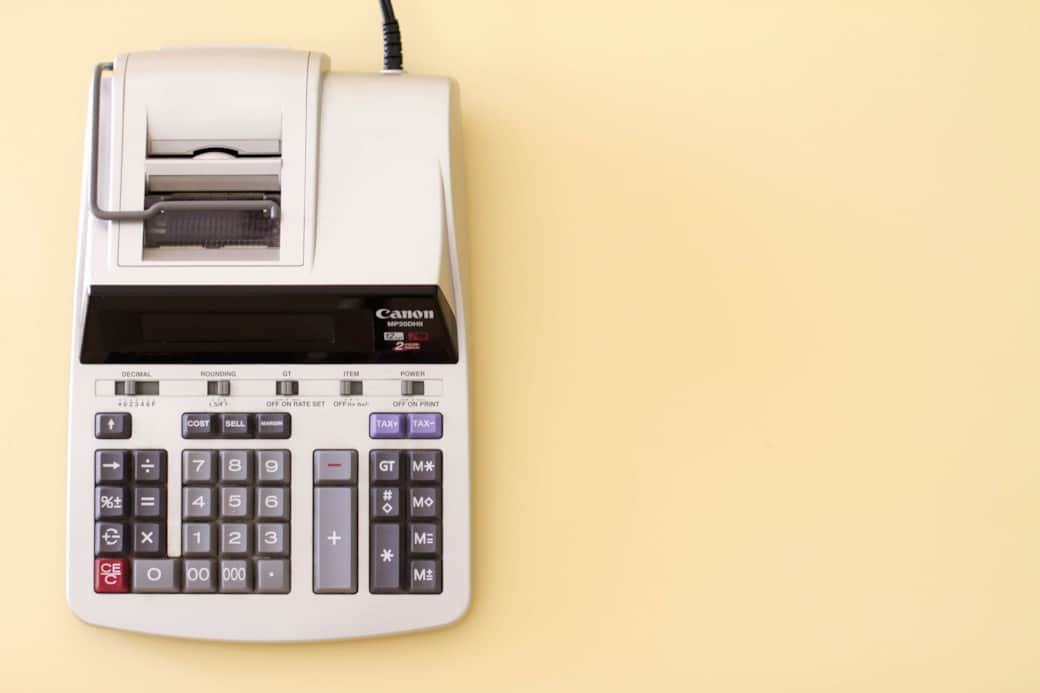
🛠️ Key Tip: Attach supporting documents (invoices, photos) to the form to substantiate your request. Feel free to consult our Drafting Guide: Lease Renewal and Rent Increase in Quebec for more details.
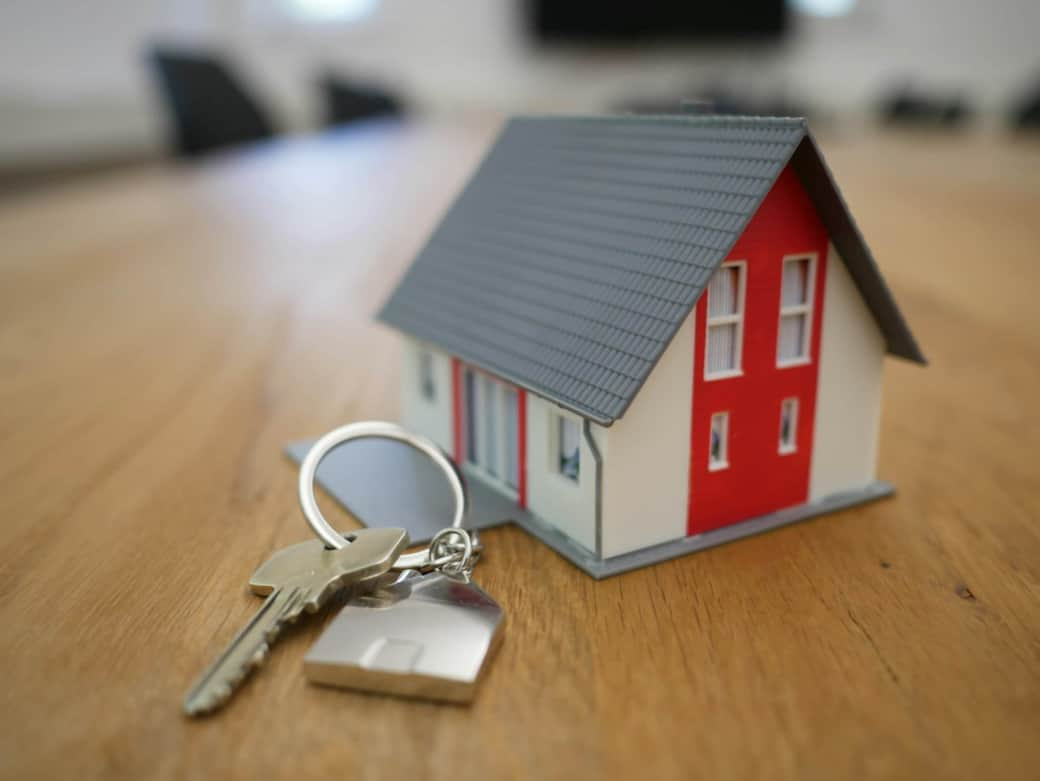
Your tenants must pay rent on the agreed-upon date, often the 1st of the month, without delay. Defaulting on payment may justify sending a formal notice (mise en demeure), followed by a TAL procedure for lease termination.
⚠️ Point of Attention: Demand a traceable payment method (transfer, post-dated check) and keep all proof of payment. Do not let arrears accumulate.
📌 Internal Link: Ensure your contract is solid by consulting our Guide to filling out a residential lease in Quebec.
Tenants must maintain the dwelling in good condition. They are responsible for minor or routine rental repairs (e.g., replacing a light bulb, unblocking a drain, unless caused by a construction defect) and must report major issues without delay (e.g., water damage).
⚠️ Warning: Damages caused by their negligence or that of their guests (e.g., broken window, hole in the wall) are their responsibility, not yours.
💡 Tip: Section E of the lease outlines this division of responsibilities. Include a maintenance clause in the lease to clarify responsibilities and refer to our Guide to filling out a residential lease in Quebec.

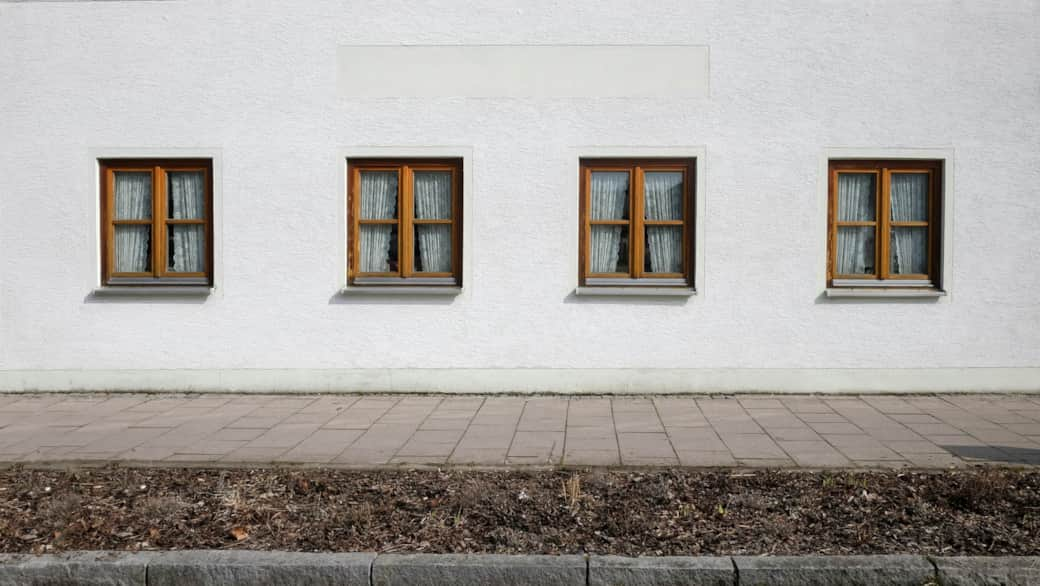
Your tenants must avoid nuisances (excessive noise, accumulating waste, nighttime disturbance) and respect the building by-laws, especially in a condo or multi-unit building.
💡 Tip: Provide a copy of the by-laws upon lease signing and obtain proof of receipt.
📌 Internal Link: Read our Drafting Guide: How to create your building's by-laws? to ensure you have clear and enforceable rules.
Your tenants can give 1 to 3 months' notice to vacate at the end of the lease, depending on its duration. You must also notify them 3 to 6 months before the end of the lease if you propose non-renewal (repossession or eviction).
⚠️ Point of Attention: Always demand and keep written notice (email or registered letter) as proof.
👉 Example: For a 12-month lease in Montreal, your notice of non-renewal must be sent between 3 and 6 months before the lease ends.
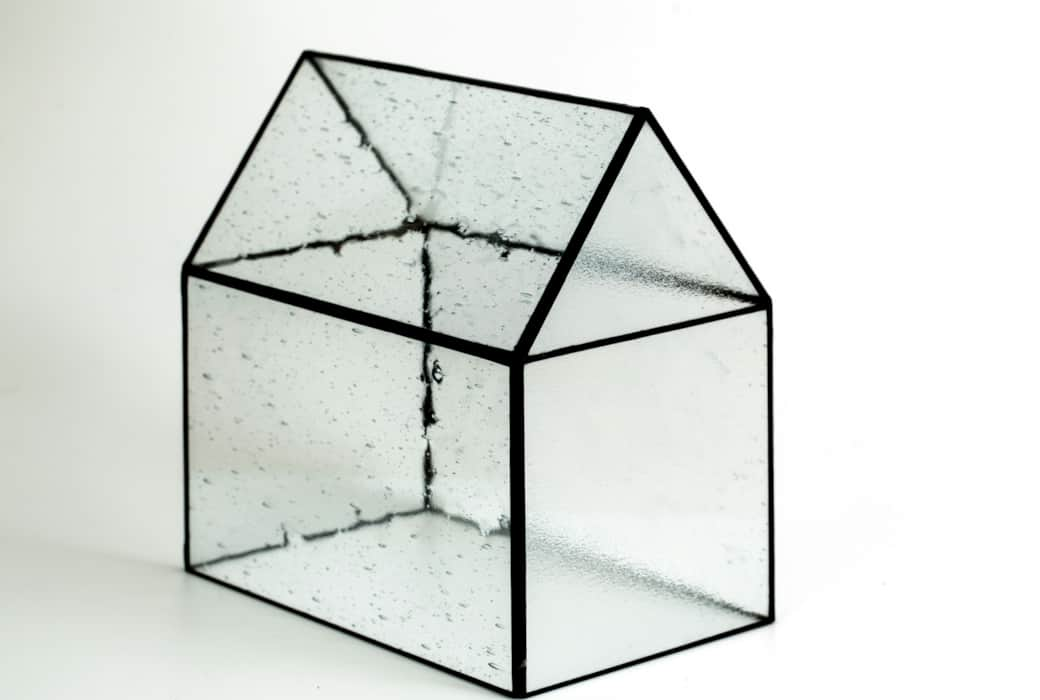

If tenants wish to leave before the end of the lease, they must find a replacement or pay rent until the contract expires. They must first ask for your authorization to assign the lease or sublet. You cannot refuse without a serious reason.
💡 Tip: Collaborate with them to find a new tenant quickly to minimize your losses, while performing the necessary checks on the proposed candidates.
As a landlord, you must know the main recourses available to the tenant to anticipate steps and resolve issues before they escalate to the Tribunal.
The tenant has several tools to assert their rights:
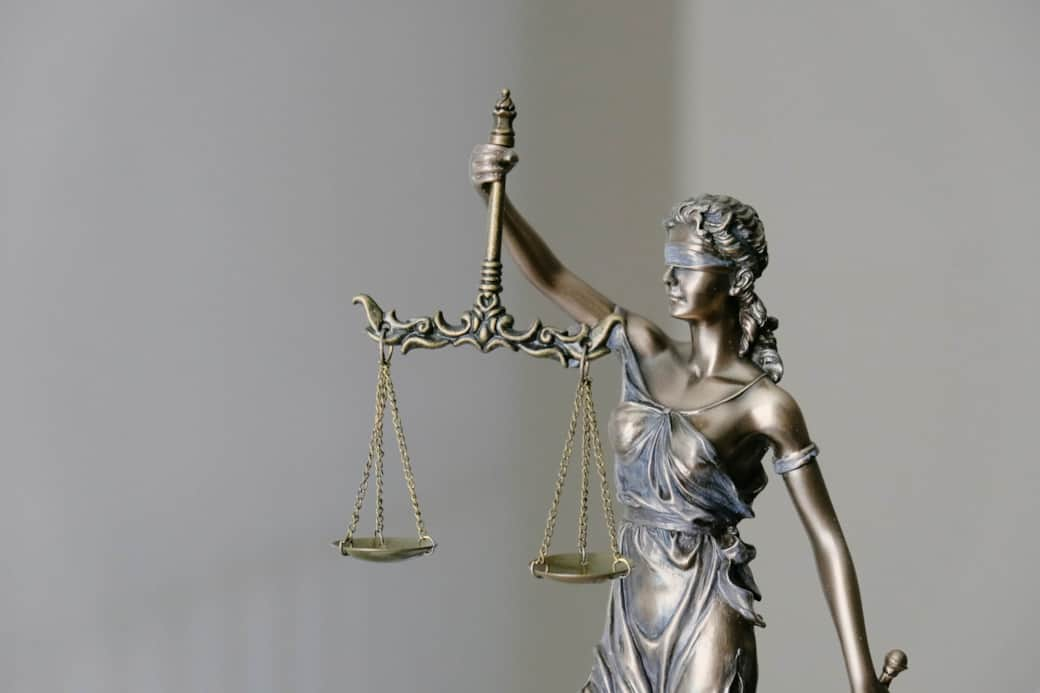
The landlord also has recourses based on the duties that have not been respected by the tenant, notably:
Application for Unpaid Rent: For a delay of more than 3 weeks, you can request the termination of the lease. For frequent delays, you can request termination even if the delay is short, by proving prejudice.
Termination for Serious Breach: If the tenant repeatedly breaches their obligations (serious nuisances, significant damages), you can file an application for lease termination with the TAL.
We will explore possible recourses in more detail in the next article on the landlord's rights and duties.
Mastering your tenants' rights and obligations in Quebec is crucial for successful rental management, whether in Montreal or in the regions. Good knowledge of the legal framework is your best tool for preventing disputes and maintaining stable income. This article will be complemented next month by Landlord/Owner Rights and Obligations, which covers the other side of the rental relationship by exploring your specific responsibilities.
👉 Also read:
The condition report is paramount: Conduct a detailed condition report with photos before handing over the keys and at the end of the lease. Have the tenant sign it to avoid disputes over damages caused during the tenancy.
Always use the standard lease: For maximum protection, only use the Quebec Residential Lease (The Quebec Lease Agreement: An Essential Guide for Landlords) from the TAL and fill out all sections.
Written communication: Keep a record of all important communication (notice of increase, formal notices, problem reports). This is your primary evidence before the TAL.
Verify tenant insurance: At each renewal, do not hesitate to ask your tenant for up-to-date proof of insurance, especially if you specified it in the lease or building by-laws.
Direct to the TAL: If the disagreement persists, politely remind the tenant that they can contact the TAL for information, thus showing that you respect the legal process.
Q: Can a tenant refuse entry without notice?
A: Yes, the tenant can refuse access if there is no emergency (water damage, fire) and if you have not respected the 24-hour written notice. The law protects their right to peaceful enjoyment.
Q: What should I do if a tenant does not pay rent on time?
A: You must first send them a notice or a formal demand. If the rent is more than three weeks late, you can file an application with the TAL for lease termination and recovery of unpaid rent.
Q: Who is responsible for repairing a water leak?
A: Generally, it is your responsibility as the landlord (major repairs), unless the leak is clearly caused by the negligence or fault of the tenant (e.g., they installed an appliance incorrectly or broke a pipe).
Q: Does a tenant have the right to sublet without my permission?
A: No. The tenant must notify you in writing of their intention to sublet or assign the lease and provide you with the candidate's identity. You can only refuse with a serious reason and must respond quickly to their request.
Q: How do I manage a tenant causing noise nuisances?
A: Address them in writing (mentioning the clause in the building by-laws and the lease) to request a correction. If the situation persists and the nuisance is serious and repeated, you can file an application for lease termination with the TAL.
Q: Are snow removal costs the tenant's responsibility?
A: That depends on what is stipulated in Section E of the lease. If the lease is silent, it is generally the landlord's responsibility. If the tenant agrees to clear snow, the lease must clearly state it in the section E (Services, taxes and costs of consumption).